Discharge
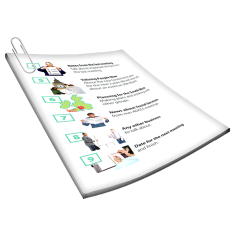
This information is about moving on from mental health services.
It has information about

- Discharge

- When you finish seeing a mental health worker

- When you leave hospital

- Staying well

- Where to get more information

Discharge usually refers to when you leave hospital.
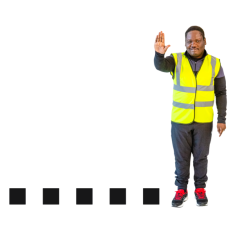
It can also be when you finish your planned sessions with a mental health worker such as a psychologist.
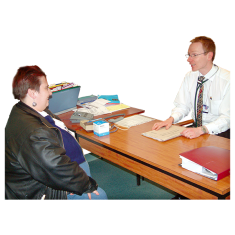
Mental health workers are people who work to help you with your mental health.

A psychologist helps you with your mental health by talking with you.
They can help you find things you can do to feel better.
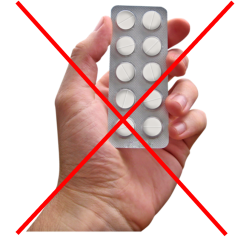
Psychologists do not give you medicine.
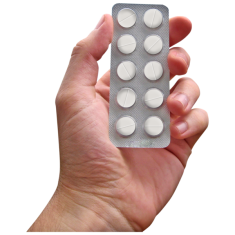
Medicine is sometimes called medication or drugs.
Medicine can be in
- A tablet
- A pill
- A drink
- An injection

You might finish seeing a mental health worker when
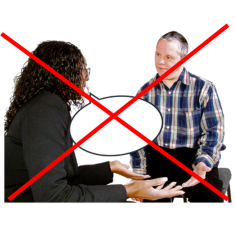
- You and your mental health worker have agreed that you no longer need help
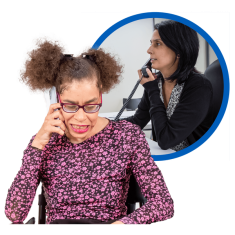
- You decide you no longer want to continue with the mental health worker

- You have used all your sessions on your mental health treatment plan

When you stop seeing a mental health worker you will make a plan of what you can do to continue your recovery.

Recovery means getting better so you can do the things you want to do.
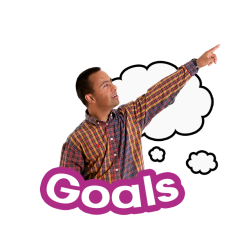
Your plan might include your goals and what you would like to work towards.

It might include a list of things you have learnt that help your mental health.
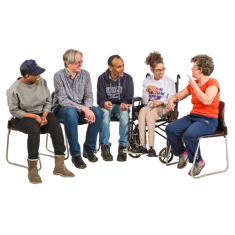
Your plan might include activities you can do.
For example join a support group.
A support group is a small group of people you meet with to communicate about mental health.
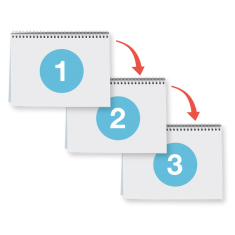
Your plan will also include what to do if you start to have mental health problems again.

A mental health problem is when feelings start to worry you.
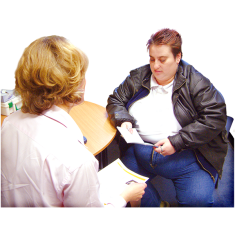
You will usually have set a time to see the mental health worker a few weeks after discharge to see how you are going.

To leave hospital is called discharge.
You and your mental health workers will plan for your discharge while you are in hospital.
Planning for discharge

Your doctors should start planning what support you will get when you leave hospital.
This is called a transfer of care plan or discharge plan.
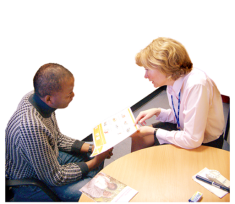
Your doctors should discuss the plan with you.
You can tell them what your wishes are.

You can use this planning sheet to help you
- Ask questions
- Make decisions about what will happen when you leave hospital

For more information about My Easy Read Discharge plan go to

Your plan will include what health workers you will see when you leave hospital.

It will include if you need to keep taking medicine.

Your plan will include a list of people you can call if you have questions or need help.

Your plan will also include what to do if you are in a crisis and need help straight away.

A crisis is when you are in danger or very upset.
You are in danger if you could be hurt or injured.
For more information about a crisis click the Emergency Help button https://www.idmhconnect.health/
emergency-help/ER

You can ask for help if you think you will
- Need extra support when you leave hospital
- Have trouble keeping track of the health and disability workers you need to see

If you need extra support you might ask your
- Support worker

- Case manager
- Care coordinator
If you have a NDIS plan you can discuss this with your NDIS Support Coordinator.

A case or support coordinator is a person who helps plan and organise
- Your care
- Other services you will get

NDIS is short for National Disability Insurance Scheme.
Your NDIS plan says what supports you need.

The NDIS website has more information on recovery and who can help you.
For more information go to
https://www.ndis.gov.au/understanding/how-ndis-works/
mental-health-and-ndis#what-is-recovery
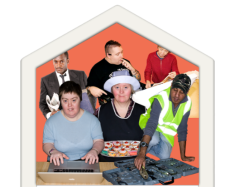
What happens when you feel well again
When you go home you might go back to activities you did before.
But you might choose to make changes in your life.

You might get a new job.

You might study a new skill.

You might move to a new home.

You might start new hobbies.

There are services that can support you when you go home.
For information on types of support available go to
https://www.idmhconnect.health/i-am-person-ID/services-mental-health
How you can stay well

There are lots of ways you can help your recovery and stay well when you go home.

Go to follow-up visits with your GP and mental health workers.
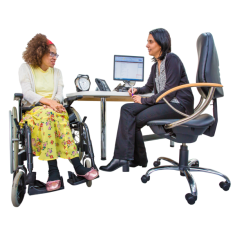
A GP is the doctor that you see when you
- Are sick
- Need a health check

Take calls or home visits from mental health workers and other supports.

Keep taking your medicine.
Discuss any side effects or questions you might have about your medicine with your GP or psychiatrist.

A psychiatrist is a doctor who helps you with your mental health using talking and medicine.

A side effect is an unpleasant effect of medicine on your body or thinking.
A side effect can make you feel unwell.

To stay well it can help to connect with family and friends if that helps you.
They can support you if you start to have mental health problems again.

To stay well you can also join community groups or support groups.

For more ideas about groups that you can join to stay well go to
https://www.idmhconnect.health/i-am-person-ID/services-mental-health

To stay well it can also help to do activities that you enjoy.

It can help to have a healthy lifestyle which can include getting enough sleep.

For more ideas about what you can do to stay well go to
What to do if you start to notice mental health problems again

It is normal for your feelings to change.

Sometimes we have feelings that make us feel good.
Sometimes we have feelings that make us feel bad.

You might notice more feelings that make you feel bad.
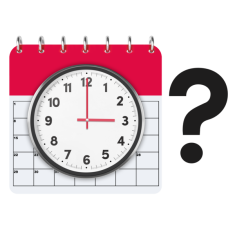
These feelings might last more than a few days.
For example you might feel

- Upset
- Sad

- Worried

- Scared

- Confused

Your discharge plan might also have a list of things to look out for that mean you need help for your mental health.

If you start to notice mental health problems again there are things you can do.
If you are in a crisis click the Emergency Help button https://www.idmhconnect.health/
emergency-help/ER

A crisis is when you are in danger or are very upset.
You are in danger if you could be hurt or injured.

If you start to notice mental health problems again you can communicate with someone you trust.

You can look at your discharge plan.
Your discharge plan might tell you what to do.

You can make a time to see your GP.

You can make a time to see your mental health worker.

Below is a list of information sheets and websites to support you to move on from services.

You can use this discharge planning sheet if you have been in hospital for your mental health.
For more information go to https://idmhconnect.health/my-easy-read-discharge-plan

The NDIS website has information on recovery and who can help you.
For more information go to https://www.ndis.gov.au/understanding/
how-ndis-works/mental-health-and-ndis#
what-is-recovery

Sometimes people move to new services at certain times in their life.
For example when you become an adult or grow older.
For more information go to https://idmhconnect.health/moving-services/ER2
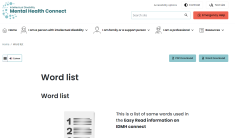
There are some tricky words on this Easy Read page.
For more information about these words go to https://www.idmhconnect.health/word-list